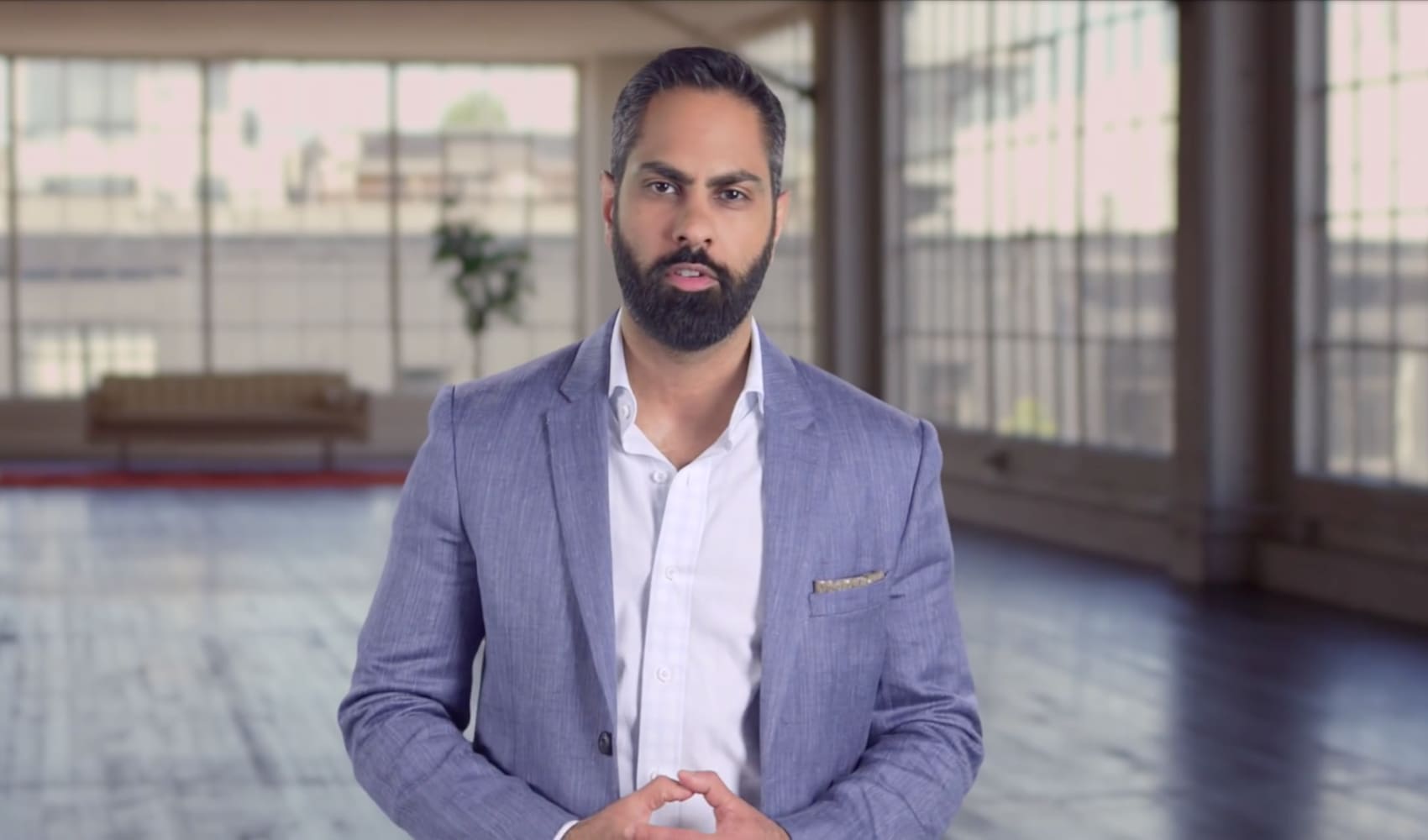
To-do lists are useful to keep us on track. But now and then, they can also make us feel bad about the things we don't get around to.
To work through these feelings of disappointment, it's important to check in with yourself in a few key ways, says Cal Newport, a Georgetown University professor and author of the book "Slow Productivity."
First of all, "it's useful to recognize that we're really bad at making predictions," Newport says.
"If I sit here at the beginning of a month and say, 'How much do I think I can get done this month?' I'm going to be almost certainly wildly optimistic. Which means when I get to the end of the month, I'm probably going to be disappointed."
Get San Diego local news, weather forecasts, sports and lifestyle stories to your inbox. Sign up for NBC San Diego newsletters.
This is normal, and in some ways a good thing, Newport adds. It can mean that you have ambitious goals and that you're motivated to achieve them. But that requires taking a look at the everyday barriers standing in your way.
Get started by reviewing how much you got done over a longer period of time
"Humans are really bad at estimating the time required for cognitive tasks," Newport says. So, to get a better idea of how much you can really get done in a certain timeframe, think back to how much you accomplished in the last quarter or year.
Money Report
Think: What are the things you're proud of? What project outcomes made an impact, and did you actually spend the bulk of your time and energy working toward them?
Then, see if there's a mismatch between the tasks you did day-to-day and whether they ladder up to accomplishing great work. Say you felt busier than ever between meetings, emails and instant messages over the last month, but you're disappointed you only hit two of your four goals.
You might be over-indexing on activity-based productivity, or small tasks that keep you busy throughout the day.
Looking at the bigger picture, "when you switch to an outcomes-based productivity mindset, you begin to see a lot of these as obstacles to actually accomplishing things," Newport says. "And it completely changes the tenor of a day. Now a really crowded day with lots of meetings or communication seems like a bad thing."
This review can ease the sting of guilt and disappointment in yourself and help you readjust your expectations in the future. It can also motivate you to cut out busy work to make room for meaningful efforts moving forward.
How to eliminate 'psuedo productivity' tasks
To eliminate some of this busy work, see how much you can streamline administrative tasks like having meetings and emailing project updates.
One way is to keep a publicly available list of your projects, ranked by priority, with listed status updates and delivery timelines. Point your manager and colleagues to this list as a means of providing status updates on where things are and when they can expect deliverables. Keeping this running list could knock some meetings and emails off your plate.
Newport also recommends safeguarding more of your protected time, like holding no-meeting days for yourself throughout the week. You can also try the "one for you, one for me" method: When you book an hour-long meeting with someone else, block an hour of independent work for yourself.
Finally, another principle of slow productivity is to simply do less, but to obsess over the quality of doing fewer things very well.
"It's an interesting wake-up moment that affects the way you think about the near future," Newport says. Keep in mind, "Am I focusing on the things that really matter? Am I giving those things enough time if I'm too overloaded?"
Want to land your dream job? Take CNBC's new online course How to Ace Your Job Interview to learn what hiring managers really look for, body language techniques, what to say and not to say, and the best way to talk about pay. Use discount code NEWGRAD to get 50% off from 5/1/24 to 6/30/24.
Plus, sign up for CNBC Make It's newsletter to get tips and tricks for success at work, with money and in life.






